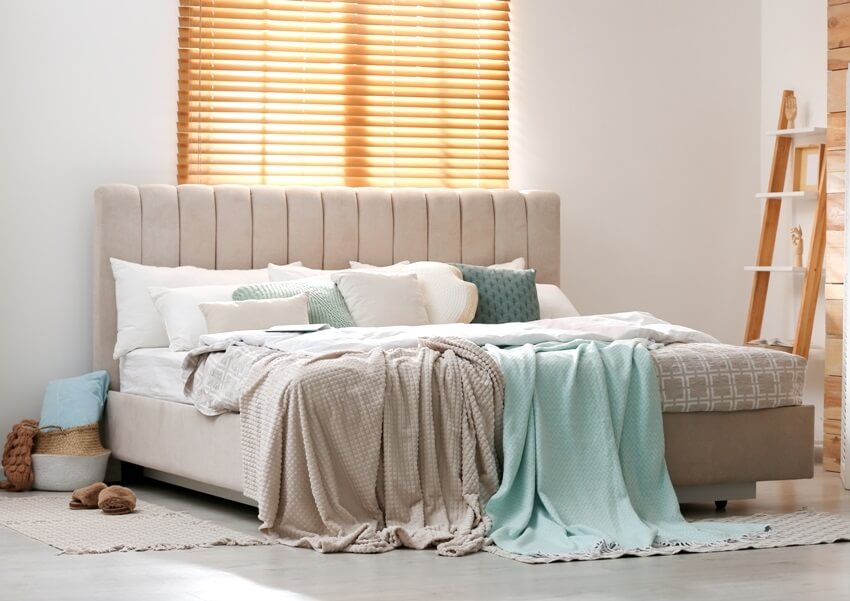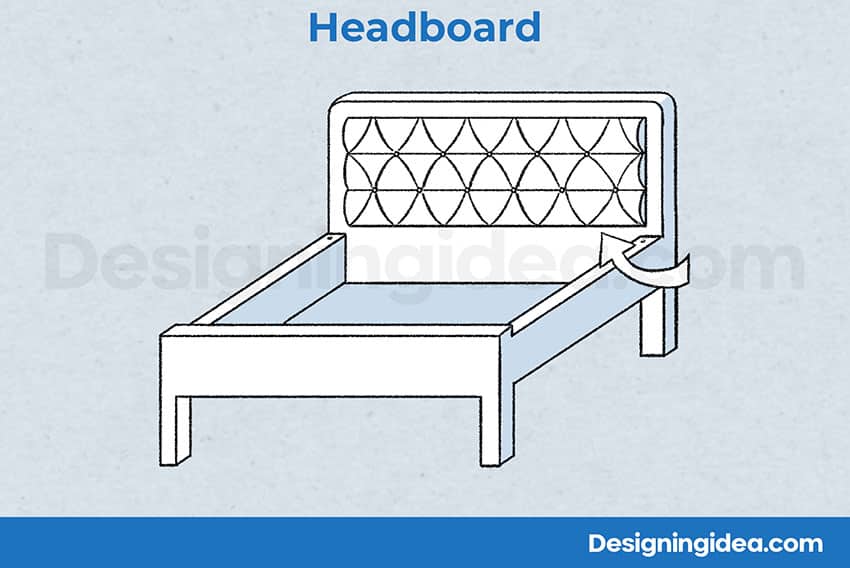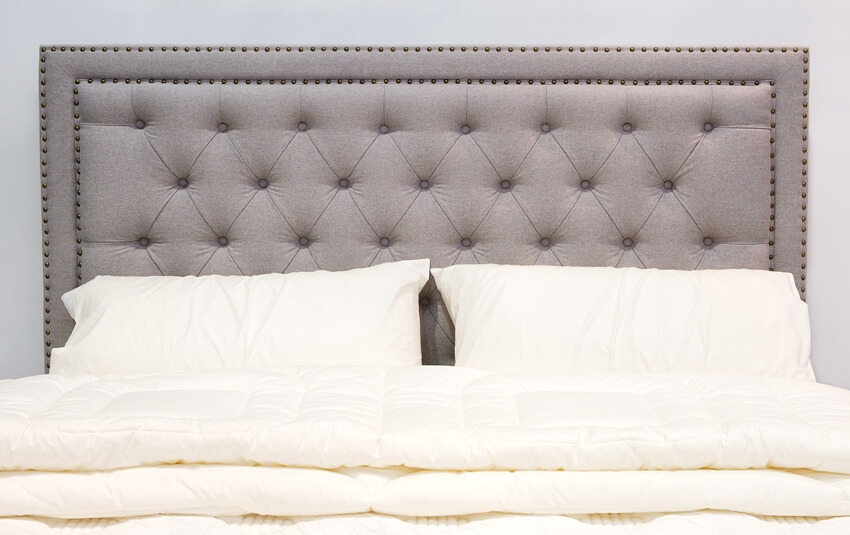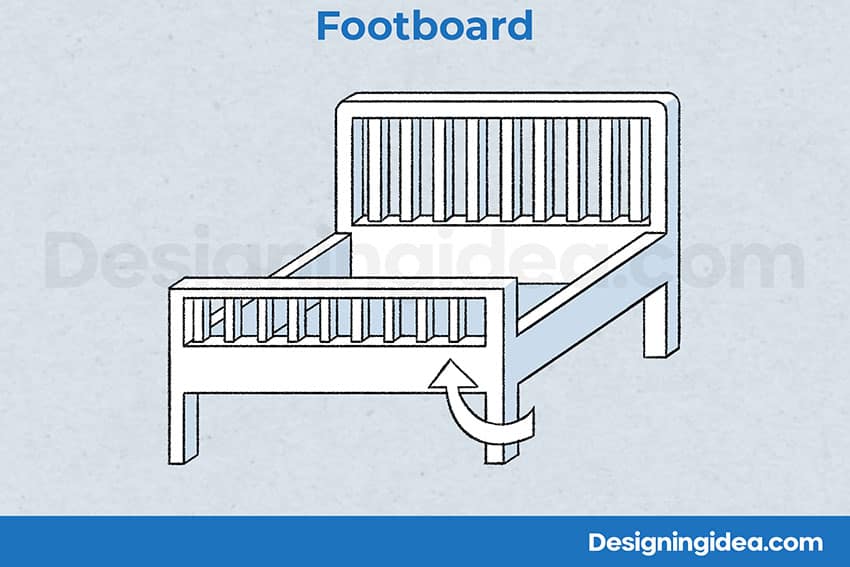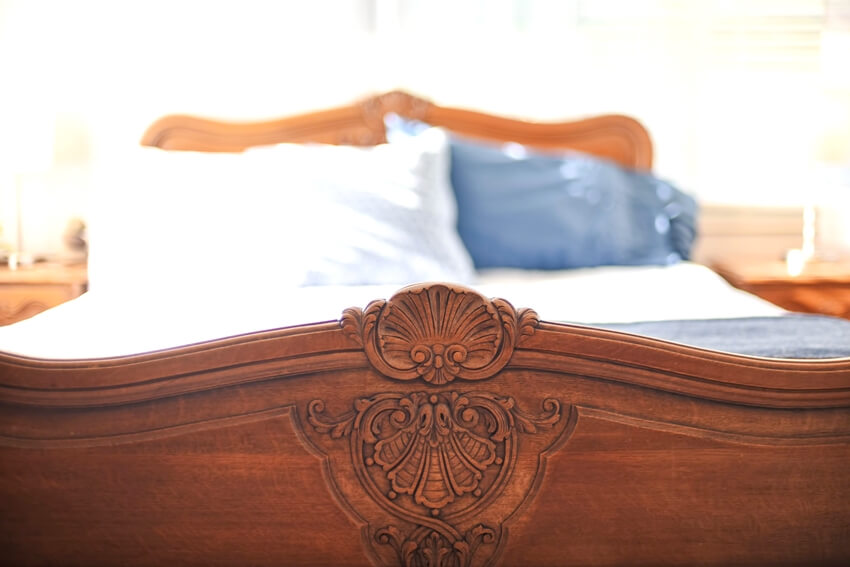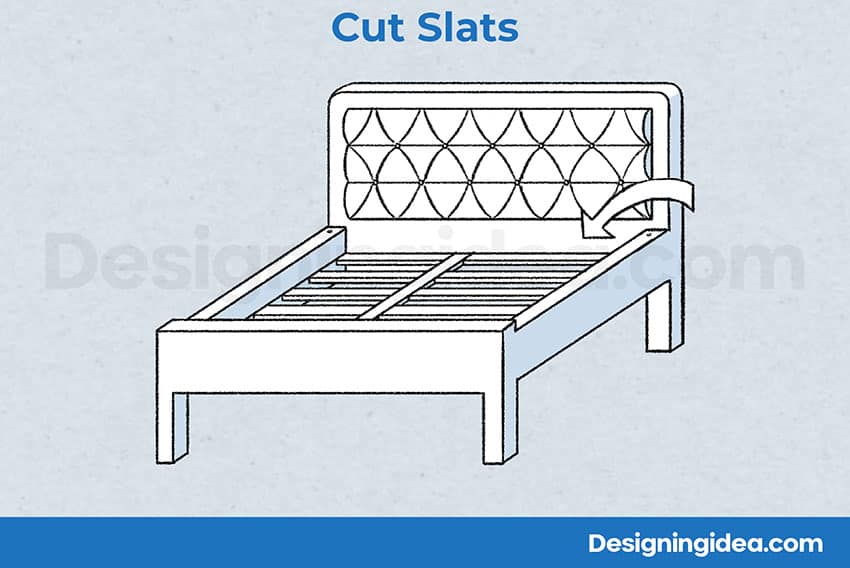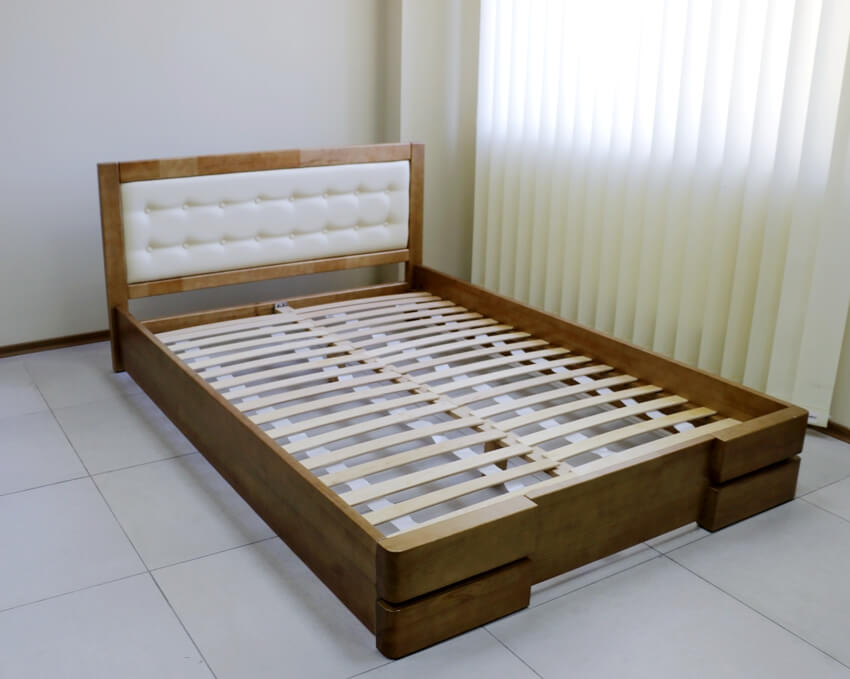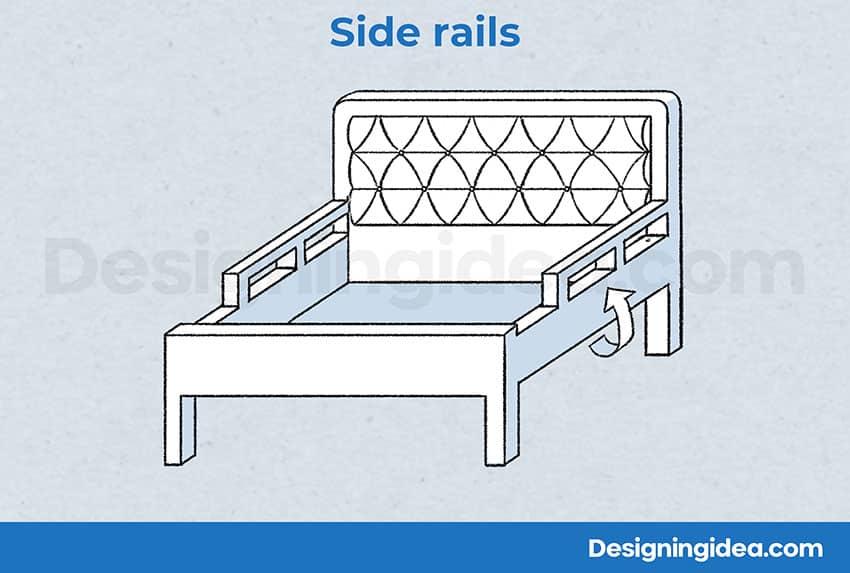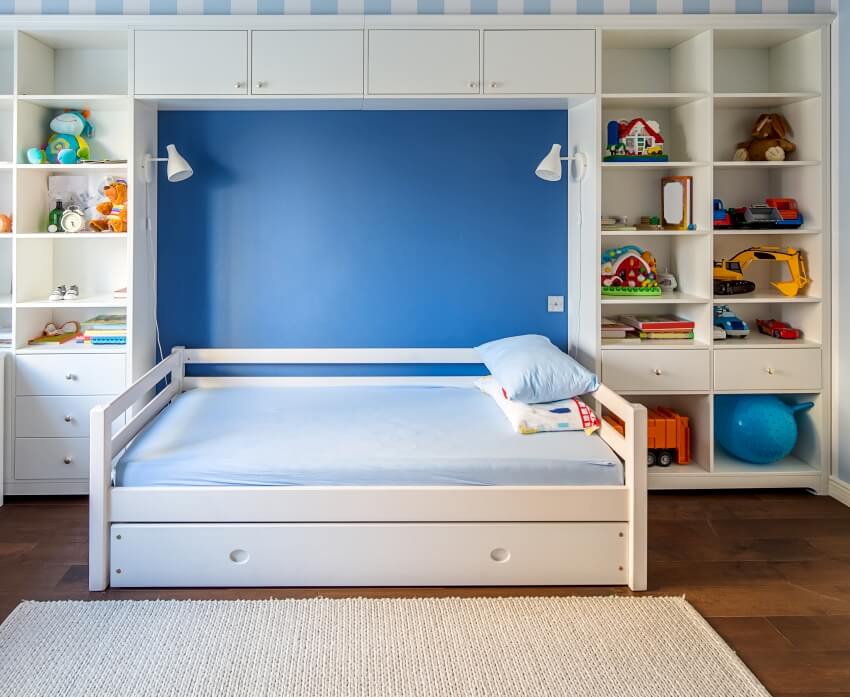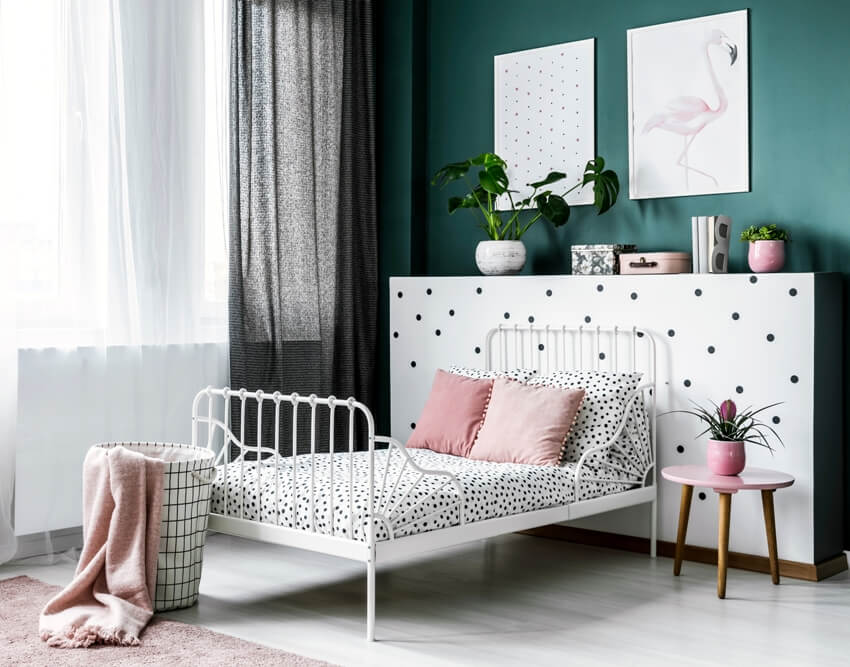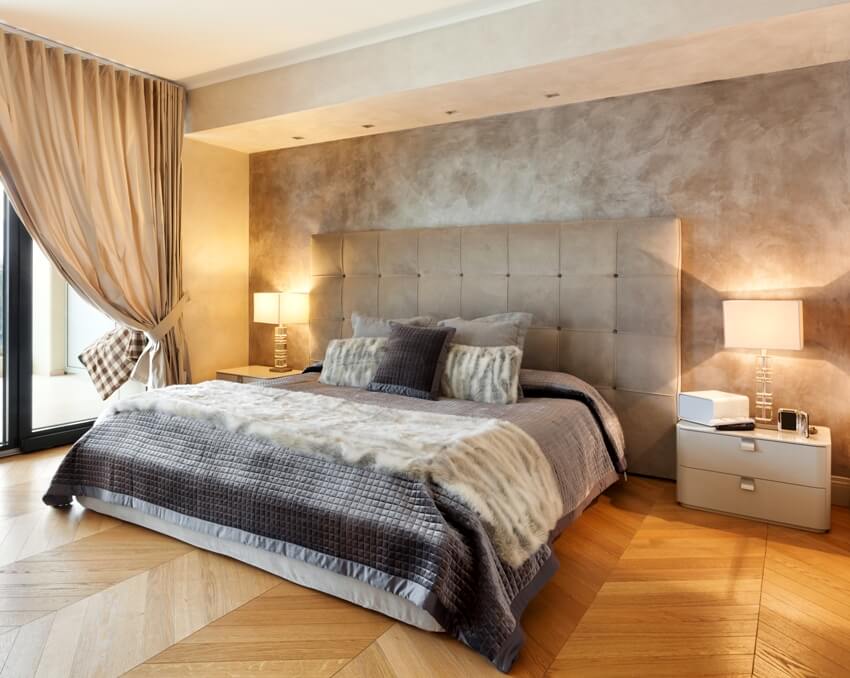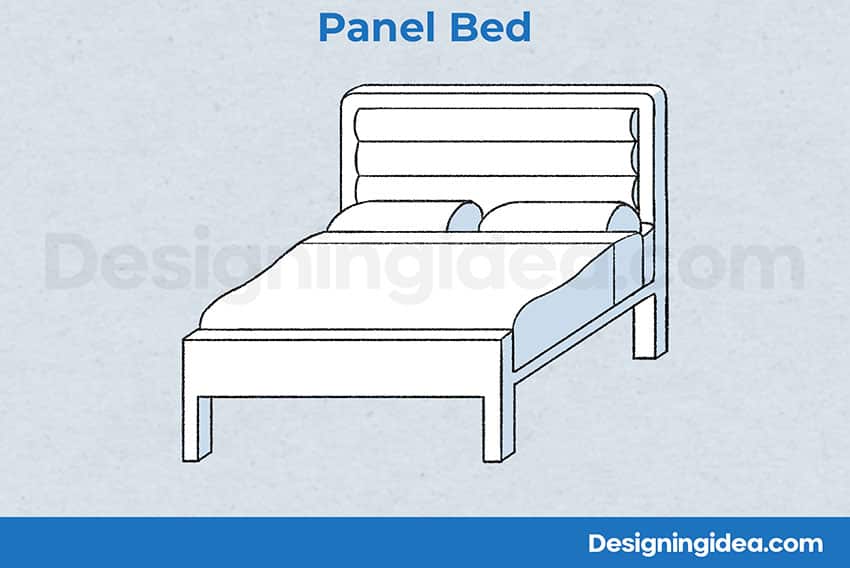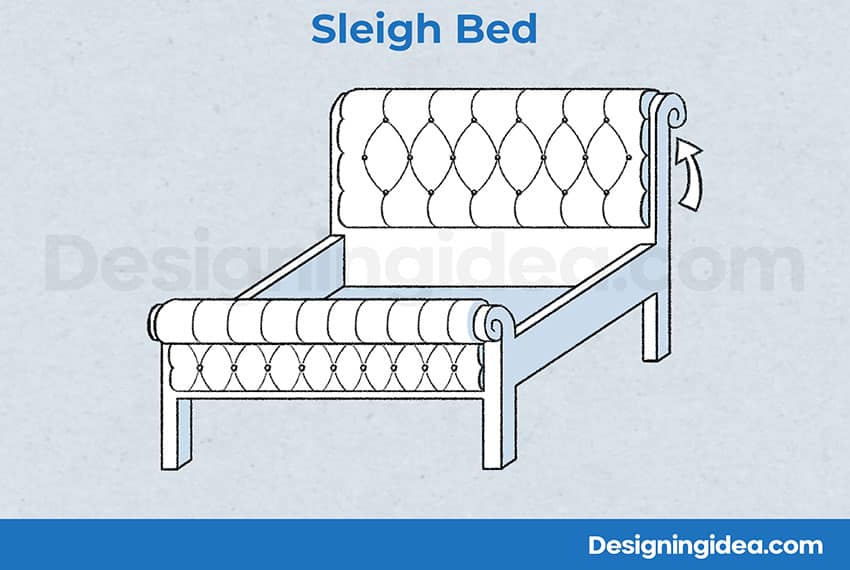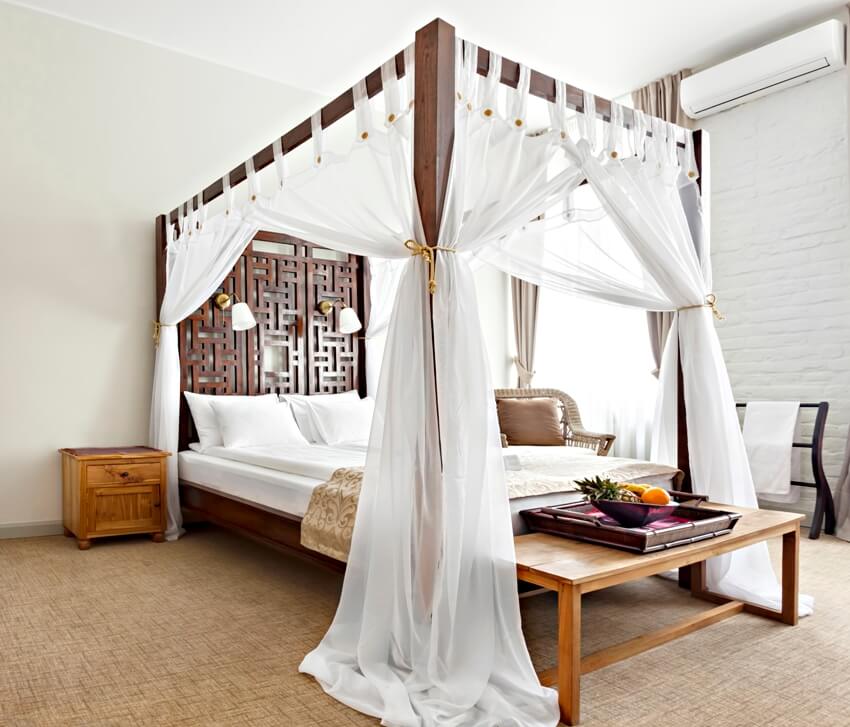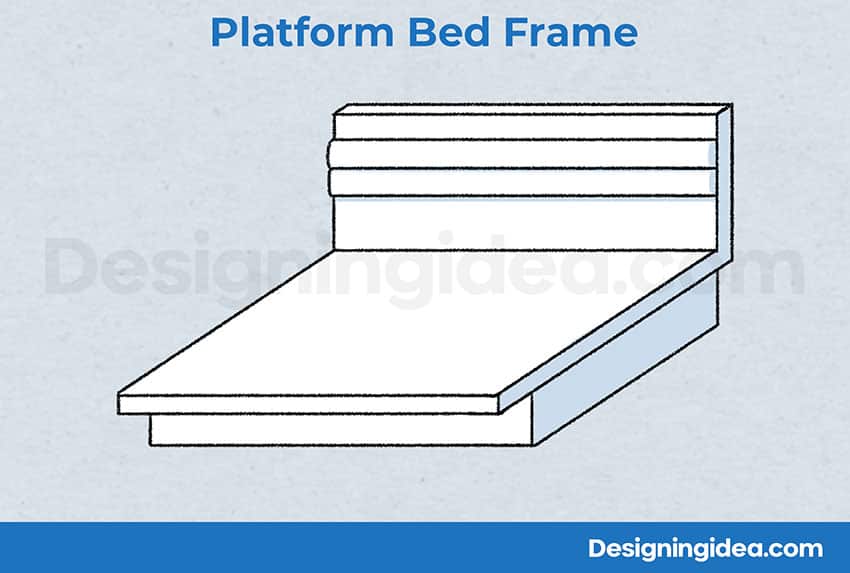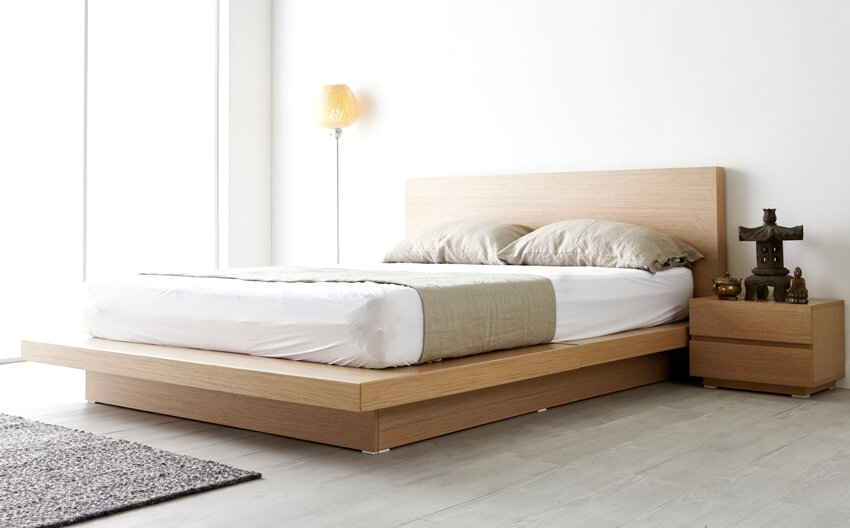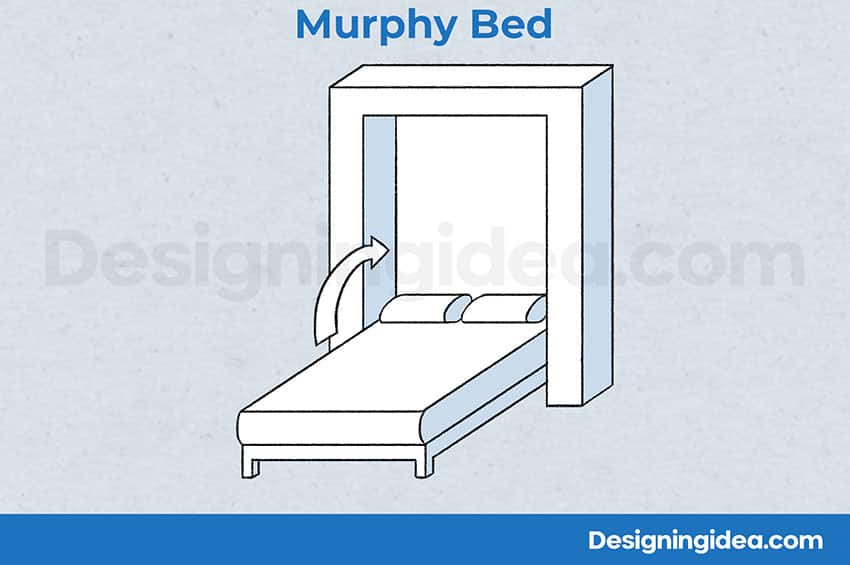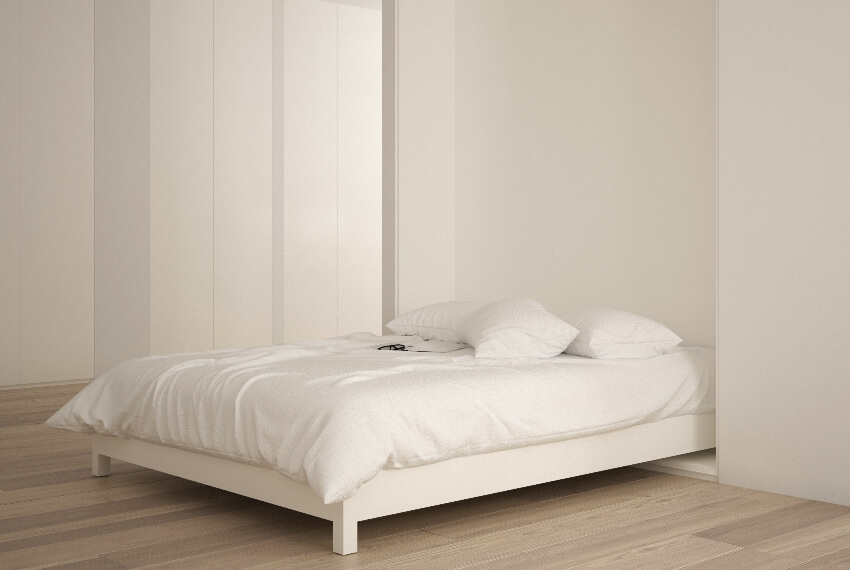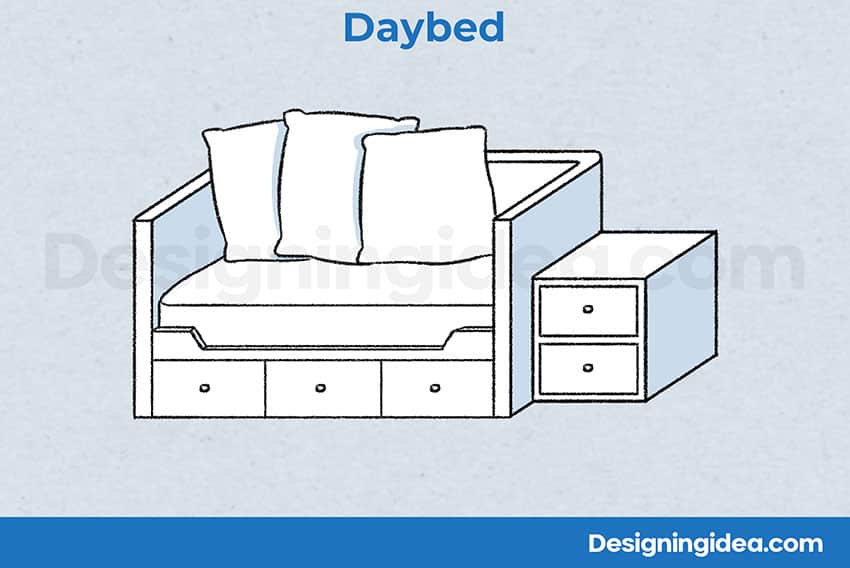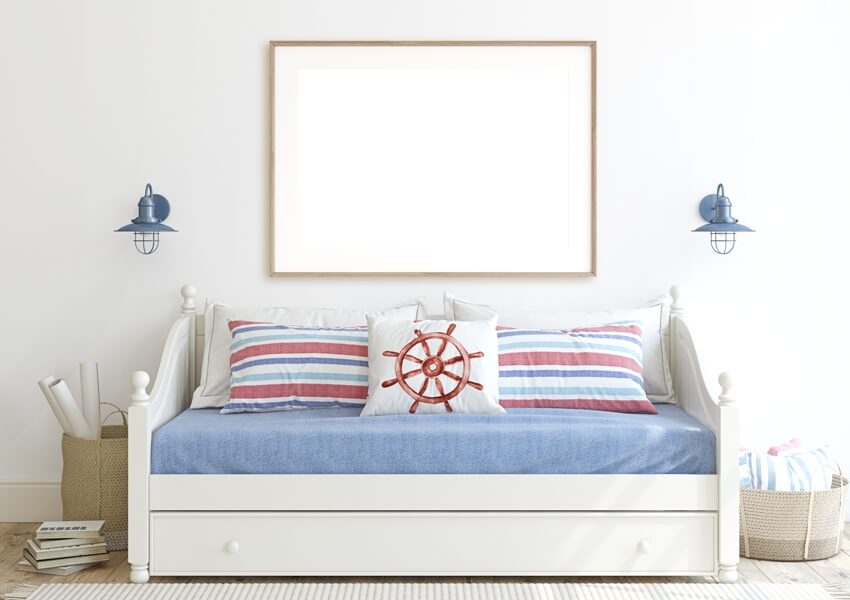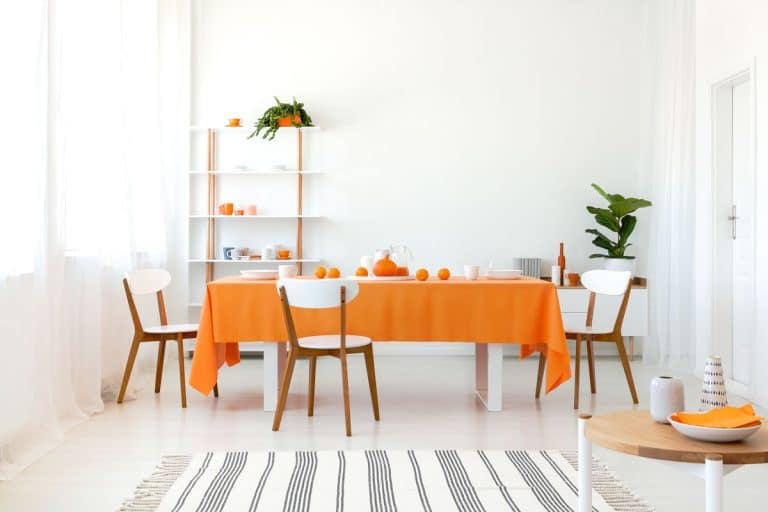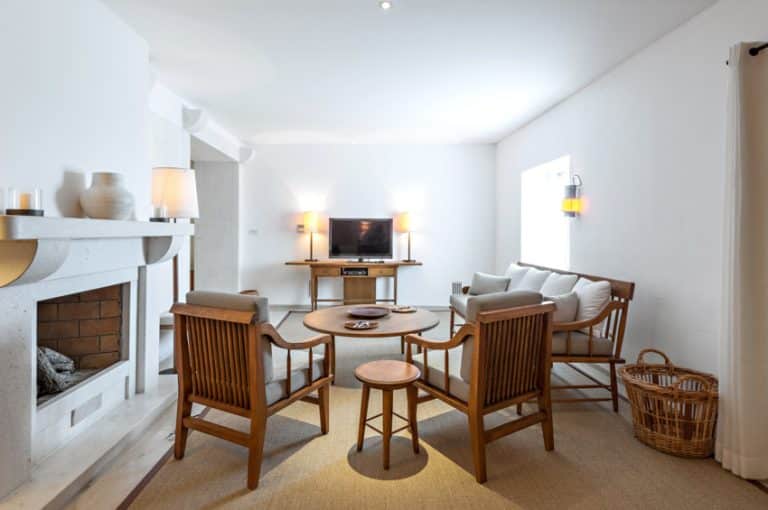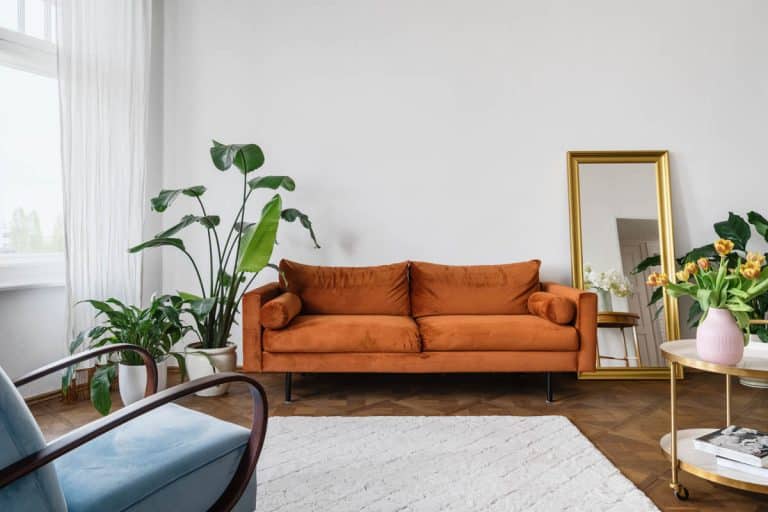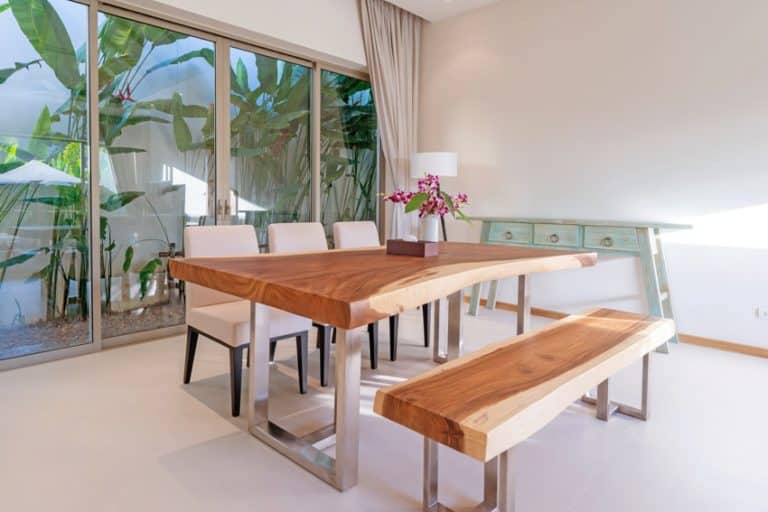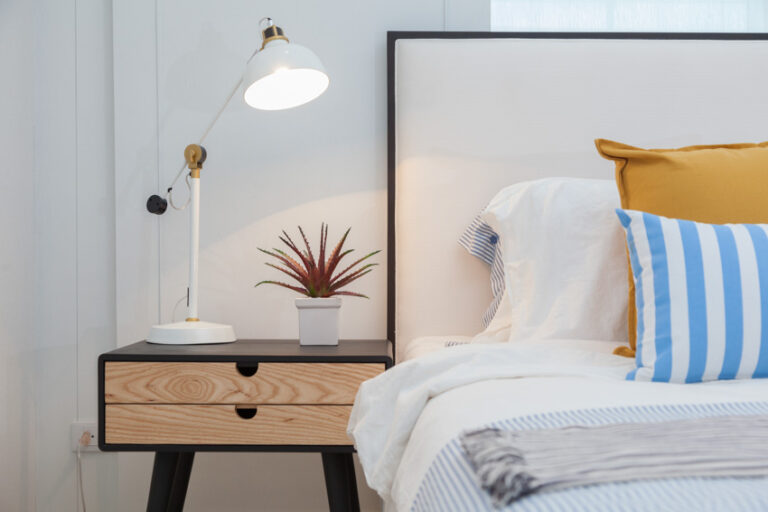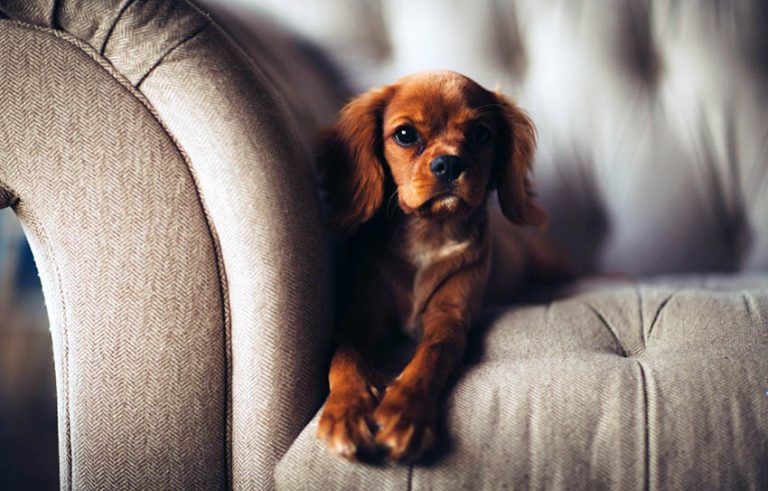Parts Of A Bed (Types & Designs)
Here, we share our parts of a bed guide with their functions, common types, and design ideas for your bedroom. 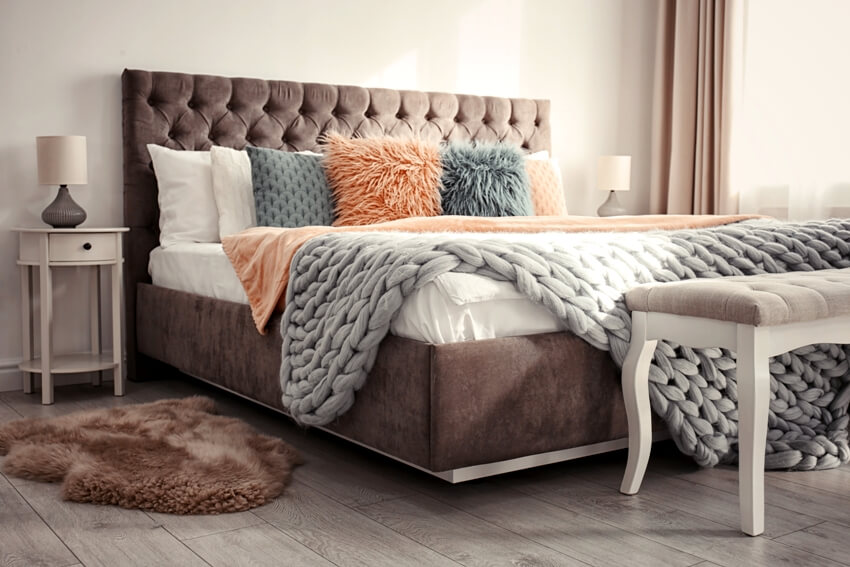
One of the simplest yet most essential joys in the home as well as life in general, is the comforts of a bed, complete with its piece-by-piece components such as the duvet, sheet, comforter, and pillow. As human beings, it comes as no surprise why the concept of sleeping on beds is much enjoyed.
This is why there’s so much innovation and science incorporated in the manufacturing process of our modern-day beds, including even storage solutions. When you break up the elements of what makes a classic bed, its parts are pretty much similar, if not completely the same.
The beds we see in the market may vary greatly in design, size, materials, price tags, and so many other elements, but the basic parts don’t really vary that much. The basic anatomy of beds is pretty simple and straight to the point. Here are the main parts of a bed and what their functions are.
Bed Parts Names
Here are some of the most common bed parts to get acquainted with so that you know what things to keep an eye out for the next time you’re out shopping for a new bed.
Bed Frame
The bed frame is the foundational support for the box spring and mattress. It comprises a headboard, side rails, cross rails or slats, a center support bar, legs, and a footer or footboard.
Headboard
Headboards come in different forms, from being upholstered, to wooden, to other materials, both synthetic and natural. Aside from the obvious aesthetics that they contribute to the bed, they also go far beyond just that.
Headboards are functional because they protect your head from getting too cold during the cold nights, although with the current innovations in technology such as bedroom heating and thermal duvets; this purpose isn’t necessarily served solely by the headboard alone.
They are quite great for protecting your head and making sure that it doesn’t hit the wall, though. To this day, a headboard is really more for aesthetic purposes. It is, however, made up of a lot of different parts. It has the slat, the top rail, the cross rail and the leg.
• Headboard Slat: The main foundation of the headboard. Usually composed of vertical screens that are affixed to the back of the headboard frame.
• Headboard Top Rail: The top rail lies directly on top of the headboard slat. While the slats are vertical, the headboard top rails are horizontal. The salt and the top rail are two of the most important parts of a headboard as they contribute to its main form or structure.
• Headboard CrossRail: The cross rail is attached below the headboard slat. Its purpose is to stabilize the entire headboard setup.It holds the headboard’s base as well as attaches it to the bed as well. Nearby, you might find a nightstand, which could hold a fan, an alarm clock, or other essentials.
• Headboard Leg: This part of the headboard is a leg that’s more for the headboard slat, enabling it to stand. It supports the headboard from end to end and is responsible for keeping the headboard at its preferred height. It’s likely positioned near a chest or dresser in the room, near the window adorned with drapes.
Footboard
A footboard’s main focus is to make sure that the bed stays orderly and pretty. It adds to the bed’s style and design, elevating its overall décor.
Similar to the headboard, they used to have real functions in the past, such as keeping the cold draught out but as of late, because of technology and innovations in the bedroom furniture industry, they’re now mostly for aesthetics as well.
It also has a slat, a top rail, and a bottom front rail. The slat supports the top rail of the footboard as well as screens the end of the bed frame vertically.
The top rail attaches to the footboard slat horizontally and prevents duvets and sheets from sliding off of the front. The bottom front rail is attached to the bottom part of the footboard slat, mostly for aesthetic purposes and without any real function.
Cut Slats
The cut slats are the slats that are built to lie across the bed frames, providing support for the mattress.
The more cut slats you have on a bed, the more stable your mattress will be once it’s been put in. They’re usually cut thin so that they’ll match the width and length of the frame that they’re being installed on.
Side Rails
Side rails are typically installed on both sides of the bed, acting as handles as well as protective walls that also serve as extra security for both adults and babies by way of reducing mobility while laying down. Side rails come in 2 versions; the bedside rail and the bottom side rail.
• Bed Side Rail: These rails are positioned extremely close to the top of the mattress. It’s great for concealing things that are stored under the bed, and they are installed horizontally, covering the span from the headboard all the way down to the footboard.
• Bottom Side Rail: These rails are positioned close to the bottom of the bed, and lie very close to the floors. They’re basically identical with the bedside rail with the slight difference of their positioning made much lower and much closer to the floor.
Box Spring
The box spring is considered as the main frame of the bed, supporting the legs and providing a solid foundation for the mattress to rest on. It is sometimes nicknamed as a divan in other countries. Traditionally, it has springs that are covered in cloth framed in a strong and solid wooden frame.
They need to match the size of the mattress, as well as other bedding products like pillows, and sleepers‘ preferences in order for the entire bed to fit perfectly. Most beds have 3 elements, the bedframe, the box spring, and the mattress.
But it’s also very doable to do away with the bedframe and have the mattress put directly on top of the box spring with a rug underneath if desired. Read more about our guide to bed sizes to get more ideas.
Mattress
What’s a bed without a mattress? Here’s a hint: It’s not a bed. A mattress has multiple layers that rank down in the following:
HDPU Foam. High Density Polyurethane Foam is categorized as a type of plastic with a cellular frame structure that can either be rigid or flexible for optimal support. This is used not just to support mattresses but to support other upholstered furniture and car seats as well.
Double foam quilt. This is a two-sided quilted layer that provides extra protection to the mattress.
Memory foam. This layer molds to the body in response to pressure and heat and provides ergonomic benefits such as relief from back pain, added spine support, support for pressure points in the body, and so much more.
Polyester padding. This is a layer that’s thermally bonded and non-woven and it’s designed to provide added comfort for the user of the mattress.
Springs. These are usually high-impact thick metal coils meant to provide additional support for the mattress and supplement the box springs.
Cotton felt. This is the layer that separates the cushioned layers or parts of the bed from the main coil system.
Quilt. This is the decorative and last layer of the mattress and is typically composed of three layers stitched together, providing a decorative layer as well as added warmth for the mattress.
Types Of Bed Designs
To be honest, there are so many bed designs and bedding products available in the market these days and more get added on every time and again. If you happen to be shopping around for a new bedroom set, it’s important to get acquainted with at least the most basic or the most common ones around.
Folding bed
This is one of the most convenient and practical of all the bed frames out there. This design occupies less space because you can just fold it up when it isn’t in use.
It’s perfect for small spaces or even for guest rooms that double as other functional rooms when no one’s expected to stay in it. Complete the look with coordinating pillows and other bedding essentials for a comfortable, welcoming space.
Panel bed
This type of bed comes in two kinds; one with both the headboard and footboard, and another with just the headboard. They’re kind of old fashioned but their strength is also because of that. People often feel a sense of comfort and nostalgia with these options.
Panel beds bring in an old world type of charm to the room and they’re distinct because their headboard and footboard are joined together by rails of wood, making them sturdy and durable material choices.
Sleigh bed
Sleigh beds are hard to miss because of their curved headboards and footboards. They have sides that are slightly bigger compared to typical beds, and they have a much smaller gap between the bed sides and the floor.
Hook-On Rails
Hook-on rails are detachable implements that are meant to secure safety in the end, especially when you have little kids around as this prevents them from falling off. These are particularly helpful if you happen to have high beds or double deckers.
Canopy And Posts
Canopy beds are known for the sense of luxury and style that they bring into any space. Although it all looks aesthetic and beautiful, they actually have real functions.
The canopies and curtains that are being held up by horizontal frames supported by the posts help keep the mattress area warm during cold nights and also provide a privacy screen to keep outside light out, improving your quality of sleep.
They have a bit of a reputation for being outdated and out of style but canopy beds have been making a real comeback in the market, with a few tweaks.
Instead of opting for heavy velvet fabrics, go for silk or see-through and light materials such as soft tulle to give your bedding a more updated look. This can make people feel more comfortable with their options for pillowcases and sheets as they can choose a material that suits their preferences.
Platform Bed Frame
This is one of the best beds you could ever invest in. It has a lowered base for you to place your mattress on and has wooden rows on the sides to help keep it in place.
Platform beds are quite popular in modern and contemporary homes due to the amount of support they give to the body and due to their simple and minimalist design. Check out the pros and cons of platform beds here.
Murphy Bed
Murphy beds are revolutionary in a way because these are the types of beds that can be attached to the walls. It’s a space saving design that lets you “lean your bed up” against the wall, freeing up the space it would normally eat up when it isn’t in use.
A Murphy bed’s mechanism is just hinge frames and support brackets, but they make a huge difference in terms of how you’re maximizing your space at the end of the day.
Water Bed
A water bed is really similar to a regular bed, with the difference being all brought down on the mattress. In place of a regular foam mattress, you have a flotation or water mattress in place.
Waterbeds first became popular because of their health benefits. It has been said that they’re great for relieving tension as well as for soothing sore muscles, increasing the ease of falling asleep and getting longer hours out of it.
Futon
A futon bed is the perfect combination of a bed and a sofa. They can be placed in literally any room in the house because they can be adjusted based on the kind of need you have at the moment. See bed placement and layout ideas here.
And because they don’t have headboards and footboards, you can keep them in any space in the home that isn’t necessarily a bedroom in the off-chance that you will have guests who plan to stay over.
Daybed
A daybed is a fabulous solution for empty spaces that you don’t really know what to do with. They can be used for sitting, reclining, and, obviously, for sleeping as well.
Designs for daybeds are usually contemporary and minimalist and you can strategically place them in any area of the home.
For more related ideas, visit our guide to the different types of beds page.

